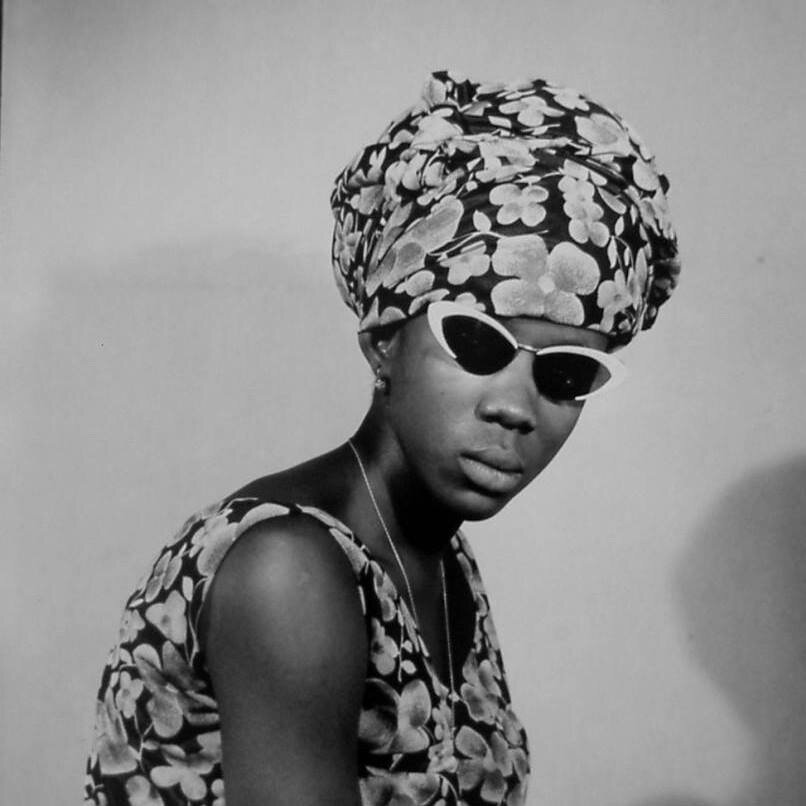On Calling Women, Females.
I was going to post the above pdf as a standalone. As a reverse psychology type amusing glance and go piece.
The idea came to me after a conversation I had with a close guy friend. He didn't feel there was a difference between calling women, female after I suggested he switch adjectives. But he also couldn't hide his discomfort as I reeled out scenarios (like the ones in the pic above) where people called him 'male' instead of man.
To be honest the only reason I corrected him was because I had been corrected a number of times by women. Also, these corrections came at a time in my life when I was ready to listen. I did what I was told, without querying the 'why's'; another etiquette adopted because I was ready to do so. And because of an empathy built from the many times I had to gruellingly explain to a person why their comments.
But I didn't ever dig deeper. I knew that 'female' was a term given to a wide range of species in the animal kingdom:
So to begin a conversation, 'these females are...' is already disrespectfully broad and a good place to argue against it. But once you dig only a little deeper (in my case), there is much more justification to do away with the term in every day speak:
I found this on Wikipedia and cross-checked it on etymonline.com. In fact, Etymology online concluded their determination of the word in a much more exacting manner.
It's interesting how the old Latin word for woman did not 'parallel' or 'imitate' the Latin word for male (masculus) as much. But in the century of the late middle ages, a time of famine, the black death, political wars and religious turbulences, to be 'femella' lost its individuality. The substitution for 'male' suggests dependence... on a man.
Even 'woman' suggests an erroneous imitation of 'man'. Do we have, in the English language an adjective for women that is stand alone? Yes! For example, matriarch, mother, grandmother, queen, dame, wife...
Having said that, a grown man can walk down the street and be identified immediately as a man. A mother needs to have one or two more roaming accessories to be elevated from the dependant woman to the independent mother. A wife needs a ring, a Matriarch needs a family and so on.
Once 'erroneous imitation' of men became woven into society's idea of a woman, more scornful terms followed.
Even the term suffragette, which to me was simply an early revolutionary term for women equal rights campaigners, spread from very divisive beginnings. This from Oxford Dictionaries;
The Daily Mail, everybody. Fighting the cause for equality since the early 20th century.
I try now to not use 'female' as an adjective at all. Even women for that matter. Obviously, some days are better than others – and at times I do sink into the pool of ill-bred terms depending on the individual with XX chromosomes I'm loving unrequited or beefing. And that's the issue here. I was reminded by a friend of mine that in social communication, people rarely have anything positive to say after 'female' is used as a classification. What follows is definitely hackneyed, definitely assumptive and mostly prejudice.
Knowing how powerful words are and the power that comes with repetition, should we be thinking of a newer adjective(s). The only issue with coining a new language is the older generation's inability to get with it. But in time, after I'm long gone, could something new stick? I remember how silly the 'He for She' campaign sounded to me personally, an 80's baby, but to someone born into the age of social media, the term might have more sway.
Written by Chima Nsoedo






